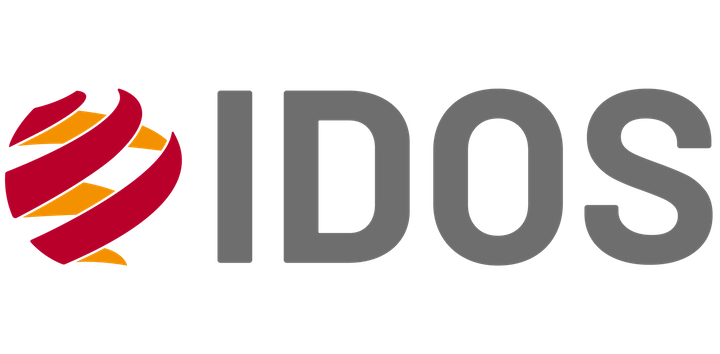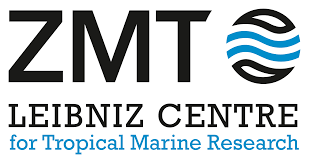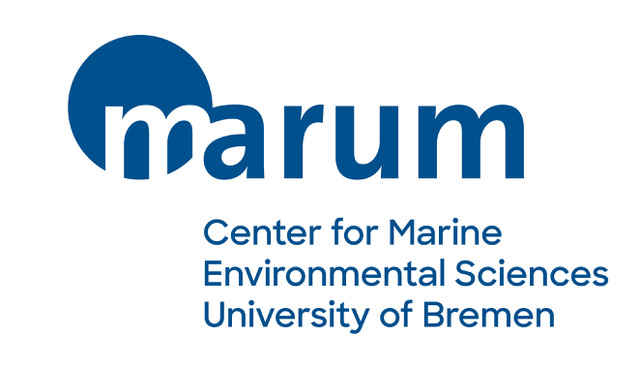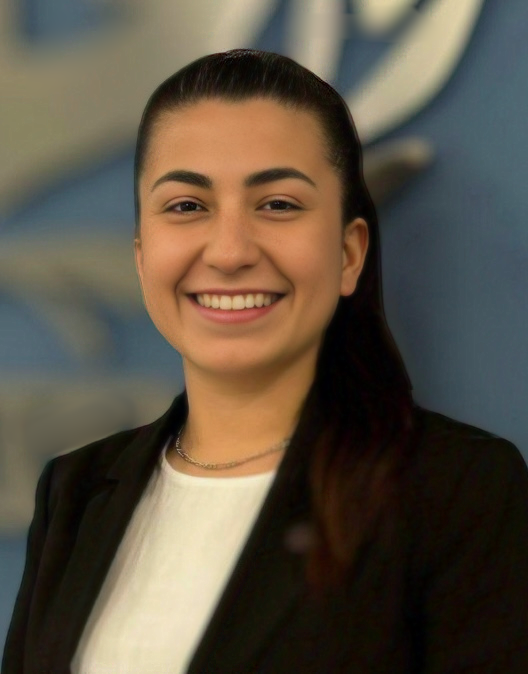MARINE INSURANCE LAW & PRACTICE POSTGRADUATE DIPLOMA (PGDIP)
This long-established programme has been comprehensively updated and revised for students joining in 2020, to offer an outstanding academic foundation for professionals in the marine insurance industry. Practitioners are empowered to develop their expertise and their careers, and those professionals planning to move into the field of marine insurance are offered a thorough understanding of this sector of the maritime industry.
PROGRAMME DETAILS
The programme carries 40 European credits, and can be completed over a single year. It is comprised of five modules.
Module 1: General Principles of Marine Insurance Law
(210Sep 2021 – 14 Nov 2021)
This module offers the essential fundamental knowledge of the principles of English marine insurance law, a specific part of shipping law. Marine insurance involves a specialized application of the law of contract, however, substantive differences have emerged. The module examines the English Marine Insurance Act 1906 (as amended) as the main source of the applicable legislation. Where English law is applicable, this statute as applied to the contract (policy) between the parties will constitute the norms that govern the legal relationship between the parties. The foundation for marine insurance in other legal orders is also addressed.
Module 2: Categories of Marine Insurance Cover
(29 Nov 2021 – 23 Jan 2022)
This module provides an overview of the different categories of marine insurance cover. The main focus is on the various standard marine insurance clauses in use in the English insurance market but, reference and comparison is also made to standard clauses used in other insurance markets. The focus is on marine property interests being exposed to risks (esp. Hull & Machinery cover). However, a vessel may also incur liabilities by causing damage to cargo or crew on board the ship or to property outside the vessel. In sum, the module highlights the potential overlap of property insurance with third party liabilities, predominantly covered by ship owners' mutual insurance associations.
Module 3: P&I Clubs and Mutual Insurance
(31 Jan 2022 – 27 Mar 2022)
This module explains why ship owners and ship managers have remained loyal to the Protection & Indemnity Club system for more than 150 years. Around 90% of the world’s ship operators cover their liabilities in one of the Clubs of the International Group of P&I Clubs. P&I and liability insurance have a number of common features with other insurance covers discussed in the first two modules. However, P&I insurance also has some unique elements, particularly in the way in which the Clubs are set up and operated within the concept of mutuality.
Module 4: Marine Reinsurance and Modern Maritime Risk Management
(4 Apr 2022 – 29 May 2022)
This module highlights the contractual arrangements for marine insurers to transfer accepted insurance risks to other insurers. It concentrates on the role of reinsurance – i.e. primary insurers entering into insurance agreements themselves to cover the risks of the underlying insurance. Closely connected to this topic are the wider aspects of maritime risk management and new IT approaches (“Insurtech”) to calculate risks and premiums in a modern, detailed and sophisticated manner.
Module 5: Settlement of Claims and Understanding Related Maritime Liabilities
(6 Jun 2022 – 31 Jul, 2022)
This module focuses on practical and litigation issues related to maritime claims handling. It builds on the first four modules. The procedures and rules have, to a large degree, been developed by marine underwriters and P&I Clubs but are greatly influenced by legal and technical possibilities and limitations. To deal with incidents that may result in claims procedures, the module focuses on the value and importance of close interaction between the assured and the insurer.
Marine Insurance Law & Practice Postgraduate Diploma (PgDip) - ONLINE
Marine Insurance Law & Practice Postgraduate Diploma (PgDip) - ONLINE
Programme Details
Programme Details
This long-established, distance learning programme offers an outstanding academic foundation for professionals in the marine insurance industry. Practitioners are empowered to develop their expertise and their careers, and those professionals planning to move into the field of marine insurance are offered a thorough understanding of this sector of the maritime industry. The online delivery provides flexibility for working professionals.
PROGRAMME DETAILS
The programme carries 40 European credits, is comprised of five modules, and can be completed within one year. Aside from the required coursework, participants have the option to travel to London with the MSc students on field study and observe The Legal Committee (LEG) meeting at the International Maritime Organization.
Module 1: General Principles of Marine Insurance Law
(14 Sep 2026 – 15 Nov 2026)
This module offers the essential fundamental knowledge of the principles of English marine insurance law, a specific part of shipping law. Marine insurance involves a specialized application of the law of contract, however, substantive differences have emerged. The module examines the English Marine Insurance Act 1906 (as amended) as the main source of the applicable legislation. Where English law is applicable, this statute as applied to the contract (policy) between the parties will constitute the norms that govern the legal relationship between the parties. The foundation for marine insurance in other legal orders is also addressed.
Module 2: Categories of Marine Insurance Cover
(23 Nov 2026 – 18 Jan 2027)
This module provides an overview of the different categories of marine insurance cover. The main focus is on the various standard marine insurance clauses in use in the English insurance market but, reference and comparison is also made to standard clauses used in other insurance markets. The focus is on marine property interests being exposed to risks (esp. Hull & Machinery cover). However, a vessel may also incur liabilities by causing damage to cargo or crew on board the ship or to property outside the vessel. In sum, the module highlights the potential overlap of property insurance with third party liabilities, predominantly covered by ship owners' mutual insurance associations.
Module 3: P&I Clubs and Mutual Insurance
(25 Jan 2027 – 21 Mar 2027)
This module explains why ship owners and ship managers have remained loyal to the Protection & Indemnity Club system for more than 150 years. Around 90% of the world’s ship operators cover their liabilities in one of the Clubs of the International Group of P&I Clubs. P&I and liability insurance have a number of common features with other insurance covers discussed in the first two modules. However, P&I insurance also has some unique elements, particularly in the way in which the Clubs are set up and operated within the concept of mutuality.
Module 4: Marine Reinsurance and Modern Maritime Risk Management
(29 Mar 2027 – 23 May 2027)
This module highlights the contractual arrangements for marine insurers to transfer accepted insurance risks to other insurers. It concentrates on the role of reinsurance – i.e. primary insurers entering into insurance agreements themselves to cover the risks of the underlying insurance. Closely connected to this topic are the wider aspects of maritime risk management and new IT approaches (“Insurtech”) to calculate risks and premiums in a modern, detailed and sophisticated manner.
Module 5: Settlement of Claims and Understanding Related Maritime Liabilities
(31 May 2027 – 26 Jul 2027)
This module focuses on practical and litigation issues related to maritime claims handling. It builds on the first four modules. The procedures and rules have, to a large degree, been developed by marine underwriters and P&I Clubs but are greatly influenced by legal and technical possibilities and limitations. To deal with incidents that may result in claims procedures, the module focuses on the value and importance of close interaction between the assured and the insurer.
The Marine Insurance Law & Practice Postgraduate Diploma Programme is supported by the International Union of Marine Insurance (IUMI) and Hellenic Hull Insurance Management (HHM), and qualifies for Chartered Insurance Institute (CII) Recognized Prior Learning. For information regarding the two partial bursaries awarded by IUMI to successful candidates of the IUMI online hull or cargo exam, please contact education@iumi.com or click here.

For citizens and residents of Singapore, an MCF Training Grant is available for eligible course participants. Please refer to www.mpa.gov.sg/mcf for information on the MCF Training Grant.
Entrance Requirements
Entrance Requirements
The Admissions Board will consider only those applicants who meet the following general entrance requirements:
- A minimum of five years' work experience
- A Bachelor’s degree in a relevant discipline (with full transcript)
and/or
The highest grade certificate of competency for unrestricted service as master mariner or chief engineer - English language ability (both written and spoken, see below English Requirement)
ENGLISH LANGUAGE REQUIREMENTS
All applicants must submit an internationally recognized English language proficiency test. Acceptable tests include IELTS, TOEFL, Cambridge examinations, and GCE O-levels in English language. Other tests are accepted by the Admissions Board only under exceptional circumstances; applicants should check with the Registry in such cases.
Candidates are assessed in accordance with the following general guidelines:
Test of English as a Foreign Language (TOEFL)
IBT: 80+
PBT: 550+
WMU’s TOEFL institution code is 9198.
International English Language Testing System (IELTS)
band 6.0 or above
Please note: the academic, not the general training, version of the test is required
Cambridge Examinations
Advanced (CAE) or Proficiency (CPE)
Students who have a pass in a GCE O-level or the equivalent (WAEC, CXC etc) must enclose a copy of their examination results for evaluation by the Admissions Board.
Sometimes applicants’ test results meet the University’s general guidelines, but show weaknesses in a certain skills area. In such cases, the Admissions Board will evaluate the skill level based on guidelines shown above. Information on TOEFL may be obtained through US embassies/consulates or the US Information Service, and on the IELTS and Cambridge Examinations from the British Council or Australian or UK embassies/consulates.
More information can be found by visiting these websites:
https://www.ets.org/toefl
https://www.ielts.org
https://www.cambridgeenglish.org
Fees & Costs
Fees & Costs
Time frame: 11 months (can be completed over a single year, or spread over three years, to allow students maximum flexibility to fit their studies around their demanding careers)
Credits: 40 EC
Fees: US$ 5,850 (US$ 6,850 when paid in instalments)
WMU alumni are eligible for a 25% discount on this programme.
Payments to the University
Payments to the University should be sent to:
Account Name: The World Maritime University
Account Number: 3968-77-02567
IBAN Number: SE66 3000 0000 0396 8770 2567
BIC Code: NDEASESS
Bank Name: Nordea
Bank Address: PO Box 24, SE-201 24 Malmö, Sweden
Details of the transfer of funds should be sent to the Registry by email (pgdadmissions@wmu.se).
For citizens and residents of Singapore, an MCF Training Grant is available for eligible course participants. Please refer to www.mpa.gov.sg/mcf for information on the MCF Training Grant.
January 2022
Maritime Energy Management
Maritime Law & Policy
Maritime Safety & Environmental AdministrationOcean Sustainability, Governance & Management
Port Management
Shipping Management & Logistics
For more information contact:
"The WMU programme deals with both the fundamentals and state-of-the-art practices. The presented five modules provide exactly what every maritime practitioner should know: principle, coverage, P&I, reinsurance and claims management. The contents were succinct but comprehensive."


































